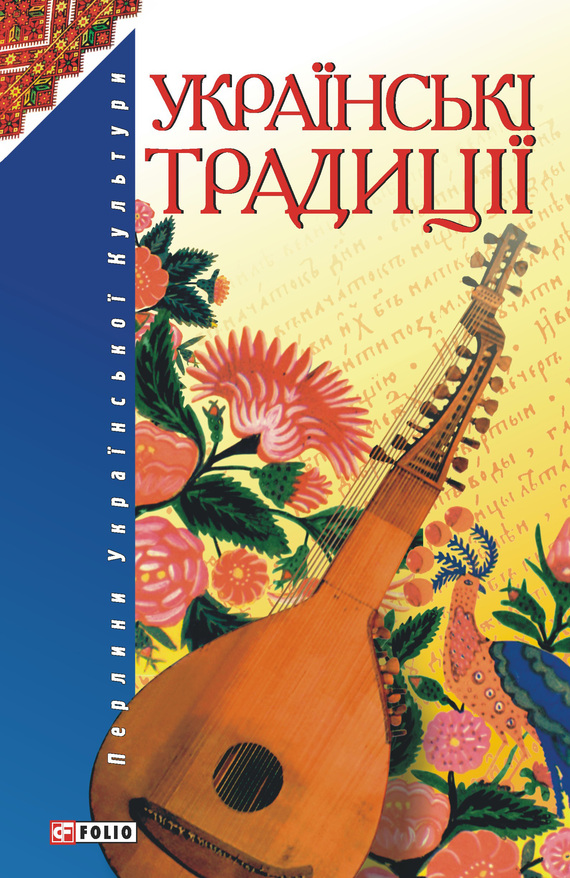Читати книгу - "Genghis Khan and the Making of the Modern World"
Шрифт:
Інтервал:
Добавити в закладку:
The final meeting between the two men, who had fought each other for more than twenty years, formed an emotional highpoint of the Secret History. Rather than seek revenge against Jamuka, now that he was past posing a threat to him, Temujin offered to unite with him again: “Let us be companions. Now, we are joined together once again, we should remind each other of things we have forgotten. Wake each other from our sleep. Even when you went away and were apart from me, you were still my lucky, blessed sworn brother. Surely, in the days of killing and being killed, the pit of your stomach and your heart pained for me. Surely, in the days of slaying and being slain, your breast and your heart pained for me.”
Jamuka seemed moved by the plea and by the emotion of his erstwhile junior partner who now ruled all that Jamuka once had and much more. He seemed for a moment to fall into Temujin’s sentimental nostalgia for the brotherhood of their youth. Jamuka responded, “We ate the food that is not to be digested, and we spoke to each other the words that are not to be forgotten” while “sharing together the quilt under which we slept.” Jamuka then blamed their separation on the influence of another, unnamed person: “We have been provoked by one who cuts across us. We have been goaded by one who came from the side.”
The Secret History offers a lengthy confession and repentance by Jamuka, but both the grandiose prose and the detail of its account invite suspicion regarding its accuracy. “Now, when the world is ready for you,” the text quotes Jamuka as saying, “what use is there in my becoming a companion to you? On the contrary, sworn brother, in the black night I would haunt your dreams, in the bright day I would trouble your heart. I would be the louse in your collar, I would become the splinter in your door-panel.”
Almost like a modern lawyer pleading for mercy based on psychological problems and emotional disability, Jamuka reflected back on their youth, searching for an explanation of why he had been so drawn to Temujin and why he had betrayed him. Jamuka explained laconically that he himself had lost both of his parents, had no siblings or trusted companions, and had a shrew for a wife. But rather than asking for mercy in the end, Jamuka asked for death, with a single request—that they kill him in the aristocratic way without shedding his blood on the earth or exposing it to the sun and sky.
Although he had failed Temujin in life, Jamuka offered to be a better friend to him in death. He vowed that if Temujin would place his body in a high place, he would watch over Temujin and all of his descendants: “Kill me and lay down my dead bones in the high ground. Then eternally and forever, I will protect the seed of your seed, and become a blessing for them.” Legend says that Temujin buried Jamuka in the golden belt that he had given to Jamuka when they swore the oath of andas.
Jamuka had been Temujin’s first rival, and now he ended his life as the last of the Mongol aristocrats opposing him. In Temujin’s long quest for control of the Mongol clans, Temujin had defeated every tribe on the steppe and removed the threat of every aristocratic lineage by killing off their men and marrying their women to his sons and other followers. He chafed under the authority of anyone who stood above him. He killed Begter to rule over his family. He destroyed the Merkid because they took his wife. He killed off the Tatars who had killed his father and looked down on the Mongols as little more than steppe rats. He overthrew the nobles of his own Mongol people and eliminated one by one the higher-ranking Mongol clans of the Tayichiud and the Jurkin. When his own ally and father figure refused to allow a marriage between their respective families, Temujin destroyed him and his tribe. When the Naiman queen mocked the Mongols as her inferiors, he attacked the tribe, killed her husband, and gave her to one of his men as a wife. Finally, he killed Jamuka, one of the people whom he most loved in life, and thereby destroyed the aristocratic Jadaran clan.
Temujin now ranked as undisputed ruler of a vast land, controlling everything from the Gobi in the south to the Arctic tundra in the north, from the Manchurian forests in the east to the Altai Mountains of the west. His empire was grass and contained far more animals than humans. Victory on the battlefield alone did not confer legitimacy of rule until it was publicly acclaimed at a khuriltai of representatives from every part of the territory. If a group chose not to send anyone, then they rejected the rule of the khan who called it. The
Увага!
Сайт зберігає кукі вашого браузера. Ви зможете в будь-який момент зробити закладку та продовжити читання книги «Genghis Khan and the Making of the Modern World», після закриття браузера.




